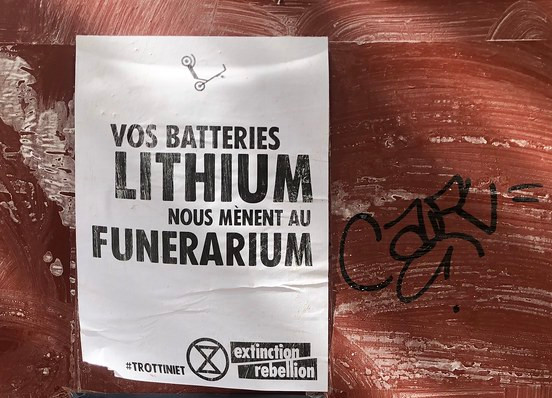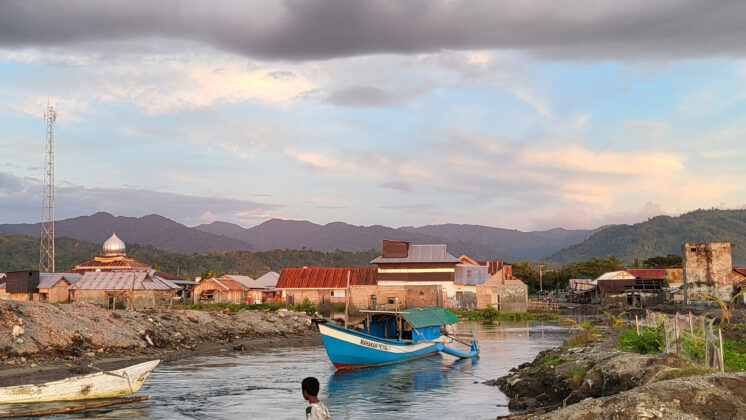Chile, Argentina, and Bolivia make up South America’s “lithium triangle” and together hold more than 75% of the world’s lithium reserves beneath their salt flats. With the increasing demand for lithium-ion batteries, Chile plays an even more critical role in the global drive to reduce transport emissions through a shift to electric vehicles.
 Photo: Image by nicolasnova is licensed under CC BY-NC 2.0
Photo: Image by nicolasnova is licensed under CC BY-NC 2.0Cristina Dorador, a biologist at the University of Antofagasta in Chile, studies microbial life in the Atacama desert. The Atacama desert is a nesting and breeding site for rare breeds of flamingos. Dorador also says that the government must do something t downl\play the consequences of using water in a desert region that is one of the driest places on Earth.
A representative from one of the two lithium mining companies, Chile’s SQM and the U.S. based Albemarle, operating in Chile, “the environmental impact is very positive. “Each kilogram of lithium that is produced enables orders of magnitudes of avoided greenhouse gas emissions … through green miles driven by electric vehicles.” Dorado disagreed. She said that they lack scientific data on what the impacts of mining are.
In Argentina, the lithium industry is in the grip of the white gold rush. While the political upheaval and local opposition have all acted as barriers to exploiting lithium deposits in Bolivia.
On the other end, car companies are ready with their commitment to the environment and human rights spans the entire supply chain of their vehicles. They source their lithium from companies that are “compliant with the stringent sustainability standards”.
Read more










